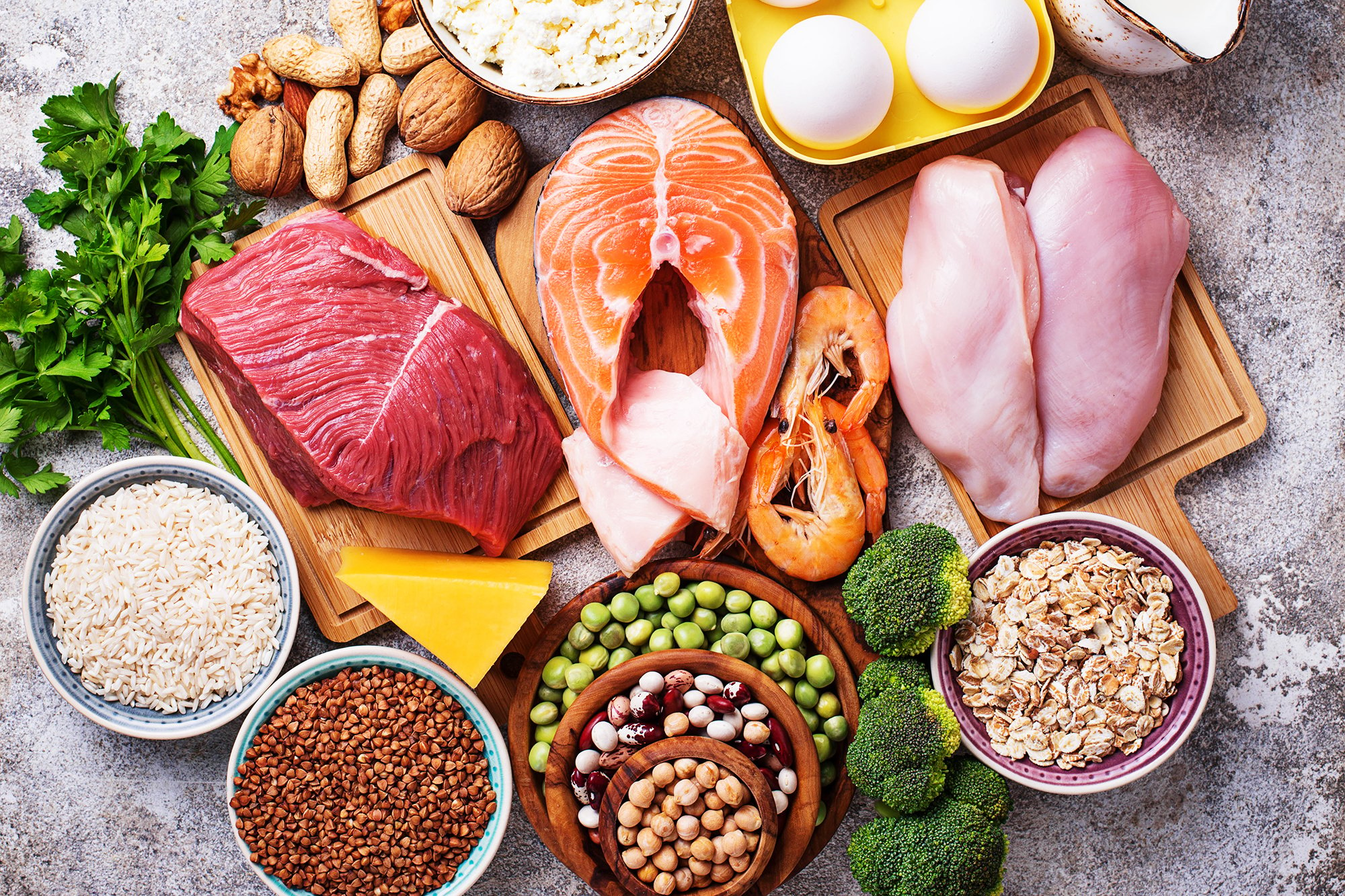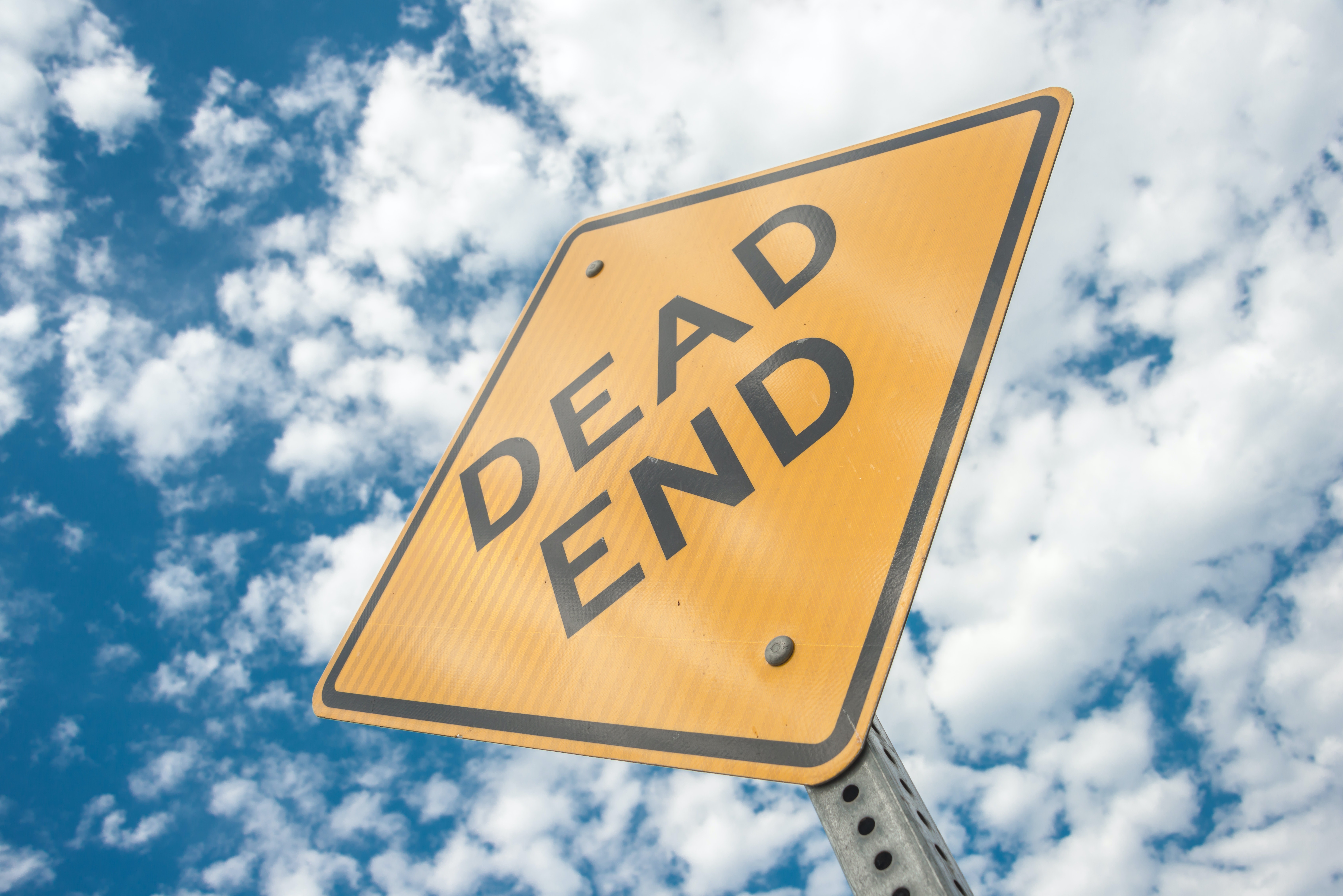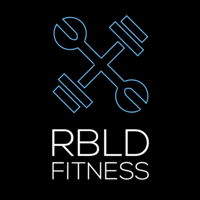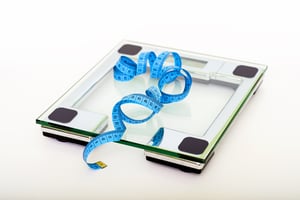3 Reasons Why Diets Fail: Here's How to Fix It
Research shows that most people who set out to lose weight are successful...initially. But within 5 years, 80% of those same people will regain the weight they lost. This begs the question: Why?
Along the path of any diet out there, you have stories of success and failure alike. This seems to indicate that all diets can work, but for who? And for how long? What I've learned in my studies, personal efforts and years of coaching is that diets typically fail for a few primary reasons.
In accordance with that, this short article explains the three areas (physical, organizational, mental) that we can understand and adjust immediately to see better results that last!

Problem # 1: Metabolic Adaptation (Physical)
Our bodies are adaptable to all kinds of difficulties we put them through, and that's often a great thing! When we're cold, our bodies shake involuntarily to warm ourselves. When our subconscious detects danger, we feel an anxiety response which triggers us to remove ourselves from that situation.
Sometimes, however, like in the case of trying to lose body fat, our body will protect itself from perceived starvation. Often during diets, and especially after repeatedly yo-yo dieting, the body goes into what is often called “self-defense mode" to prevent further fat loss.
Leptin - the hormone that tells your brain “Don't worry. You have enough fat stored in your body right now, so you can use some of that fat as energy to burn” - decreases tremendously. Unfortunately, when the hormone telling your brain “Relax, and be normal” is suppressed, we tend to feel more hungry even when we're not in need of food. Then our bodies typically respond by storing that food (energy/calories) we consume as fat more easily.
Fat cells may also replicate and increase in size, making it even more likely that we capture and store the calories we put in our bodies as fat.
In short, our bodies slow down the burning of fat and hold onto the energy (calories) we consume more efficiently. After all, it basically acts as if we're not going to eat again for a while and we need to keep all the fat (stored energy) we have to survive as long as possible.
Our brains haven't evolved much in that area in the last 10,000-15,000 years, and this was helpful for most of human history, but in our modern first-world context where there are more high-calorie food option than we can handle, it can be a bit of a nuisance to our attempts at maintaining a better bodyweight and living a healthy lifestyle.
I'll explain what to do about this at the end of the article, but simply put, for the sake of your diet, your health, and your overall knowledge, it's important to be aware of how your body changes during the course of a fat loss, gain and/or body recomposition periods.

Lower Body Weight Requires Less Energy
Not only do our bodies protect us from starvation through "self-defense" mode, they also require less energy (calories) as we lose body weight. Let's break it down for a moment:
- It's estimated that a 35-year old male, 5'9" tall who weighs 235 lbs and works out roughly 2 days per week requires about 2,738 calories per day to maintain his bodyweight.
- If that same person lost 25 lbs and now weighs 210 lbs, he would require about 2,582 calories per day.
- That's only a difference of 156 calories, which isn't much by itself. It comes out to roughly:
- One handful of mixed nuts
- One soda
- One small bag of classic potato chips
- One cup of chocolate milk
- One small Dunkin' or Starbucks latte
- A couple chocolate chip cookies
- A slightly larger portion of the food in your dinner
- A surplus of 156 calories one day is negligible by itself. Yet, if he kept all activities in his life the same and he were to consume 156 calories extra per day for a month, the math suggests that he would gain 1.3 lb of fat in that time. Again, not a huge deal.
- But keep that up for one year, and that comes out to over 16 lbs in a year.
- Multiple 16+ lbs per year by the number of years he lives the same way, and by the second year, he will have regained all of the weight he lost and then gained some on top of it.
This is often how weight gain happens. It's not intentional, it's accidental. It's usually not fast, it's gradual. It's not difficult, it's all too easy and not noticeable on a daily or even weekly basis.
In the rest of this article, I list two more reasons why diets fail, but don't worry...I have a solution as well!

Problem # 2: Having no Plan for AFTER losing weight
As mentioned above, the body's energy requirements change with the fluctuations in our body fat and muscle mass, how we age, etc. For instance, let's say you lose 25 pounds! Great job! But what will your diet look like after you lost the weight? How about exercise? In other words, what are you going to do to maintain these results and/or keep going?
While many diet programs are incredibly effective in helping people achieve short-term goals like losing weight and adding muscle, they are also only sustainable for...you guessed it...the short-term.
Few programs (unlike ours) have a plan afterwards for you to maintain and even build on your initial success. Without that contingency plan, this leaves most people feeling lost, burnt out, and often with a false sense of what is required to maintain their results. After all, the program they followed was designed for rapid progress, not long-term progress.
Again, if most people are successful in losing a decent amount of bodyweight, but about 80% of those same people will regain the weight they lost, this indicates that the main problem isn't losing weight itself. It's maintaining results and furthering progress for the years to come via a more sustainable diet and exercise regimen.
To recap, the issues preventing many of us from successful dieting lie in our inability to understand how to adjust to our "new" body's needs (metabolic adaptation), how to adjust from a high-restriction diet and high-intensity exercise plan to a more sustainable one (contingency plan), and finally, having the right post-diet mindset (see below).

Problem # 3: Not Having the Right Post-Diet Fitness Mindset
For a more in-depth reflection on this topic, check out an article I wrote called "5 Thoughts for Building a Fitness-Oriented Mindset".
The basic premise is that it's imperative for us to mentally prepare for what is happening now and what is to come later in our fitness and wellness journeys. We've already mentioned that the scientific literature points out that most people who set out to lose a modest amount of weight (10%) are successful in doing so, but we also know that roughly 4 out of 5 of those people will regain it back within 3 to 5 years.
We can gather at least two things from this population of people who go through this weight change journey:
- Most people seem to have the capacity to adjust their mindset and actions to achieve short-term goals.
- Roughly 20% of that same group of people figured out how to make the necessary adjustments to maintain their results.
The bottom line is that you can't go into a diet thinking that you're going to make changes temporarily, see some progress, then eventually get to revert back to the way you used to live without repercussions. The body just doesn't work that way, and no amount of wishful thinking can change that.
Once you commit to change, there's no going back. And perhaps breaking that cycle of embracing then breaking discipline is what you've been seeking all along!
After all, we know that our bodies reward us for doing the hard work! During exercise, the body actually generates and releases endorphins, endocannabinoids, and proteins into the bloodstream that travel to the brain and help us regulate our moods, fight depression, and create joy (Read more in my article here).
All in all, you'd be giving yourself the gift of a lifetime by pursuing a more positive and accepting attitude towards the lifestyle of healthy dieting and exercising in front of you.

Solutions & Conclusions
There are many ways to reach the same outcomes of a better body, a healthier relationship to diet & exercise, and a sustainable lifestyle, but my absolute top recommendations are:
- Try to get the diet right the first time. There are too many mental and physical ramifications to repeatedly starting and stopping diets and workout plans. Consider hiring a coach.
- Be aware of the physical changes that come with dieting and weight loss, and adjust to those changes accordingly. As our minds and bodies change, we must cultivate them as they are today. Have a sustainable contingency plan after you finish the first (aggressive) diet phase.
- Adjust the way you think about dieting and exercising. You have to take on a slightly new identity now - one who thinks about fitness more matter-of-factly. As an opportunity, not a burden.

Final Thoughts
To be successful in any meaningful area of life, we need to be committed to the ups and downs that come with pursuing that success.
Some days will be great. Some days will be tough. Most days will be boring.
But that's what it takes, and any person who has achieved the success you want will tell you the same.
And you know what? There's something beautiful about having to sacrifice and set boundaries for ourselves. Without restrictions or difficulties, we are susceptible to the law of diminishing effects which leads to us needing more and more of the same food, movies, video games, sleep, etc. to achieve the same artificial satisfaction as before.
Hard work, strategic restriction, commitment, and consistency have the power to reset our minds and bodies each and every day. It will ground us, teach us, shape us, and eventually radiate out from us to the world we interact with.
Know what you want.
Plan well for today and tomorrow.
Learn what's necessary to get the job done.
Stay.The.Course.

Teddy Woolsey
I am the owner of the RBLD Fitness Unlimited Coaching Program and RBLD Fitness App
I also write about the intersection of fitness and sustainable behavior change
Let's connect on Instagram: @tedwoolsey
Our team at RBLD Fitness is here to help you at any time, whether it's through our flexible and affordable mobile app or if you're looking for a more hands-on coaching experience.
Visit our page to learn more.




